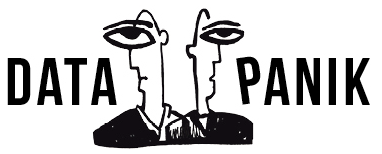 Eén van de ontwikkelingen waar Apple tijdens de jaarlijkse WWDC mee uitpakte, was haar “smart home platform” HomeKit. Daarmee zou je in de toekomst via je iPhone de voordeur kunnen openen, de lichten bedienen, de babyfoon inschakelen, de koelkast nakijken enzoverder. Voor sommigen klinkt dat als muziek in de oren. Maar het ontlokte Nick Bilton in the New York Times een aantal weinig rooskleurige bijgedachten over dat Internet of Things.
Eén van de ontwikkelingen waar Apple tijdens de jaarlijkse WWDC mee uitpakte, was haar “smart home platform” HomeKit. Daarmee zou je in de toekomst via je iPhone de voordeur kunnen openen, de lichten bedienen, de babyfoon inschakelen, de koelkast nakijken enzoverder. Voor sommigen klinkt dat als muziek in de oren. Maar het ontlokte Nick Bilton in the New York Times een aantal weinig rooskleurige bijgedachten over dat Internet of Things.
“The Internet of Things […] is a catchall term used to describe connectivity — specifically, how people connect with products, and how products connect with each other.Sounds great. But I can’t shake the feeling that one day, maybe, just maybe, my entire apartment is going to get hacked. […]
Hackers can crack governments and corporations, let alone smartphones and desktops. What’s to stop them from hacking a connected house? Think back to those dark ages when the first smartphones arrived. Back then, few people worried about the privacy and security issues those products might pose. Look where we are today. […]
Take an incident that happened last week in Australia. Reports popped up on Apple forums and in the media that some people with iOS devices, including iPhones, iPads and Mac computers had been targeted in a “digital hijacking” operation. Hackers had commandeered the machines and rendered them unusable. A hacker going by the name “Oleg Pliss” demanded a $100 ransom, paid via PayPal, to unlock each one.
Now imagine what could happen to your house. You come home to unlock your front door or turn on your lights with your smartphone — and find yourself locked out, your home held hostage.”
Nick Bilton: Intruders for the Plugged-In Home, Coming In Through the Internet


[…] De duistere kant van het “internet of things” […]